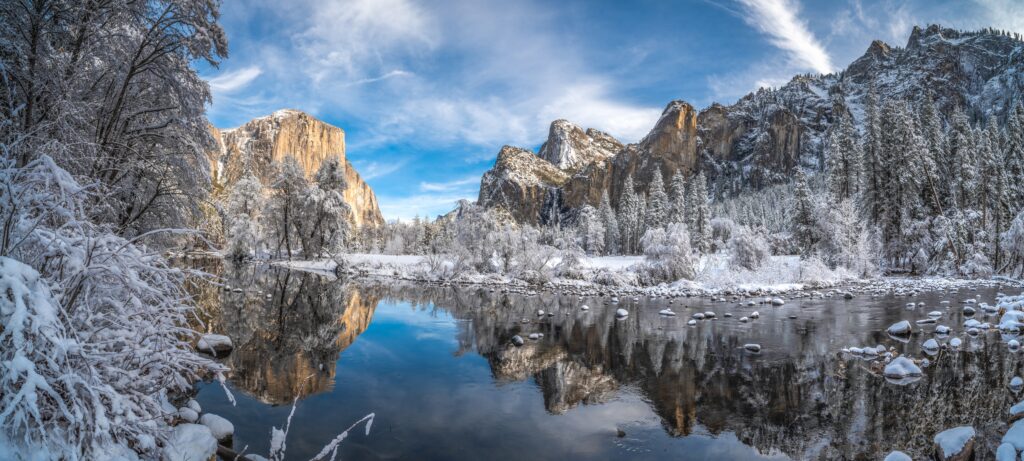
Nestled on the island of Bioko in Equatorial Guinea, Pico Basilé National Park is a breathtaking natural reserve that boasts stunning landscapes, rich biodiversity, and a unique cultural heritage. Covering approximately 3,000 hectares, the park is home to the majestic Pico Basilé, the highest peak in Equatorial Guinea, rising to an impressive 3,011 meters. This blog post will delve into the park’s ecology, geography, activities for visitors, conservation efforts, and its importance to the local communities.
Geography and Climate
Pico Basilé National Park is located in the northern part of Bioko Island. The park’s topography is diverse, ranging from coastal areas with black sand beaches to lush rainforests and the volcanic peaks of the mountains. The climate is tropical, characterized by high humidity and temperatures averaging around 24°C to 30°C. The rainy season typically runs from October to May, contributing to the park’s lush vegetation.
The park’s elevation creates microclimates that support varied ecosystems. As visitors ascend the slopes of Pico Basilé, they encounter distinct flora and fauna that change with the altitude. At lower elevations, tropical rainforest dominates, transitioning to montane forests and eventually alpine meadows at the peak. This ecological diversity makes the park a hotspot for biodiversity.
Biodiversity
Pico Basilé National Park is renowned for its rich biodiversity. It is home to numerous endemic species, making it a crucial area for conservation. The park’s fauna includes:
- Primates: Home to the endangered Bioko Island colobus monkey and the gray-cheeked mangabey.
- Birds: A haven for birdwatchers, the park hosts various endemic species, including the Bioko Island green pigeon and the Bioko Island thrush.
- Reptiles: The park features unique reptiles, such as the Bioko skink and various species of chameleons.
- Flora: The vegetation includes rare plant species like the Bioko ebony and numerous orchids that flourish in the humid environment.
The park plays a critical role in the conservation of these species, providing them with a protected habitat and contributing to ecological research.
Cultural Significance
The area surrounding Pico Basilé is rich in cultural history. The Bantu-speaking people have inhabited Bioko Island for centuries, and their traditions and customs are deeply intertwined with the land. The local communities engage in subsistence farming and fishing, relying on the natural resources of the island.
Visiting the park also offers an opportunity to learn about the local cultures. Many communities around the park maintain traditional practices, and visitors can experience local music, dance, and cuisine. Eco-tourism initiatives in the region aim to involve local populations in conservation efforts, providing them with sustainable livelihoods while protecting their heritage.
Activities in Pico Basilé National Park
-
Hiking and Trekking: The park features a variety of trails suitable for different skill levels. The trek to the summit of Pico Basilé is particularly popular, offering breathtaking views of the island and the surrounding ocean. Hikers should be prepared for steep terrain and changing weather conditions.
-
Birdwatching: With its diverse avifauna, Pico Basilé National Park is a paradise for birdwatchers. Guided tours can enhance the experience, allowing enthusiasts to spot rare species and learn about their habits.
-
Wildlife Observation: The park’s diverse ecosystems offer numerous opportunities for wildlife observation. Visitors may encounter monkeys, various bird species, and unique reptiles in their natural habitats.
-
Photography: The stunning landscapes, vibrant flora, and unique fauna make Pico Basilé an excellent location for photography. Capturing the sunrise from the peak is a must for any photographer visiting the park.
-
Cultural Tours: Engaging with local communities provides a deeper understanding of the region’s cultural heritage. Tours can include visits to local markets, traditional villages, and cultural performances.
Conservation Efforts
Pico Basilé National Park faces several conservation challenges, including deforestation, illegal hunting, and the impacts of climate change. The government of Equatorial Guinea, along with international organizations, is working to address these issues through various initiatives.
-
Protected Area Management: Effective management strategies have been implemented to safeguard the park’s ecosystems. This includes monitoring wildlife populations, conducting research, and enforcing regulations against illegal activities.
-
Community Involvement: Engaging local communities in conservation efforts is crucial. Education programs aim to raise awareness about the importance of preserving biodiversity and promoting sustainable practices.
-
Eco-Tourism: Developing eco-tourism initiatives helps generate income for local communities while promoting conservation. Sustainable tourism practices are encouraged to minimize environmental impact.
Visiting Pico Basilé National Park
For travelers looking to explore Pico Basilé National Park, there are several important considerations:
-
Access: The nearest major city is Malabo, the capital of Equatorial Guinea. From Malabo, visitors can reach the park by car or arranged tours. The roads can be challenging, so it’s advisable to travel with experienced guides.
-
Accommodations: While options near the park are limited, visitors can find accommodations in Malabo. Some eco-lodges and guesthouses offer proximity to the park, catering specifically to eco-tourists.
-
Preparation: Given the park’s diverse terrain and weather conditions, proper gear is essential. Hiking boots, rain gear, and plenty of water are necessary for a safe and enjoyable visit.
-
Guided Tours: For a more enriching experience, consider joining guided tours. Local guides possess extensive knowledge of the area’s ecology and culture, enhancing the adventure.
Conclusion
Pico Basilé National Park is not just a destination for nature lovers; it is a place where biodiversity, cultural heritage, and conservation efforts converge. Whether you’re hiking to the summit of Pico Basilé, observing unique wildlife, or engaging with local communities, the park offers an unforgettable experience. As awareness of the park’s significance grows, so does the need for sustainable practices to preserve its natural beauty and cultural richness for future generations. If you seek an adventure that combines stunning landscapes with rich biodiversity and cultural exploration, Pico Basilé National Park should be at the top of your travel list.
